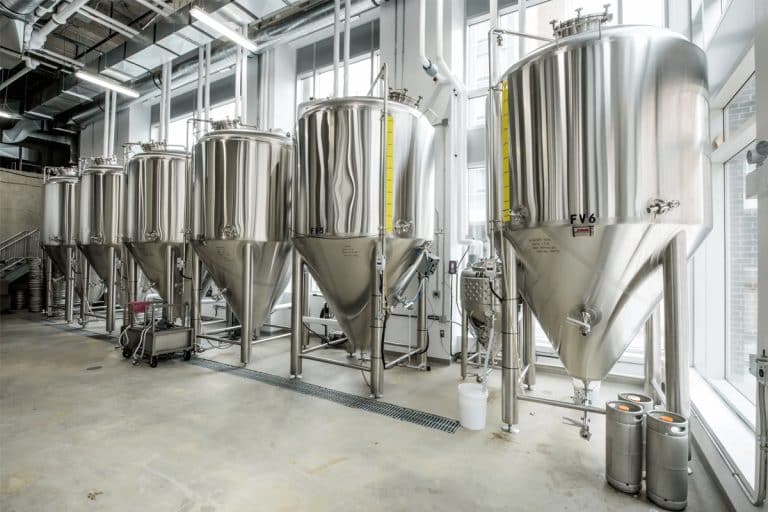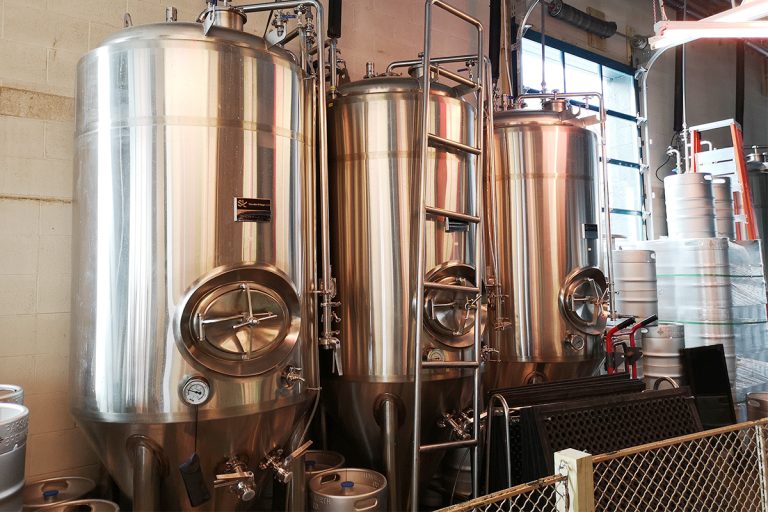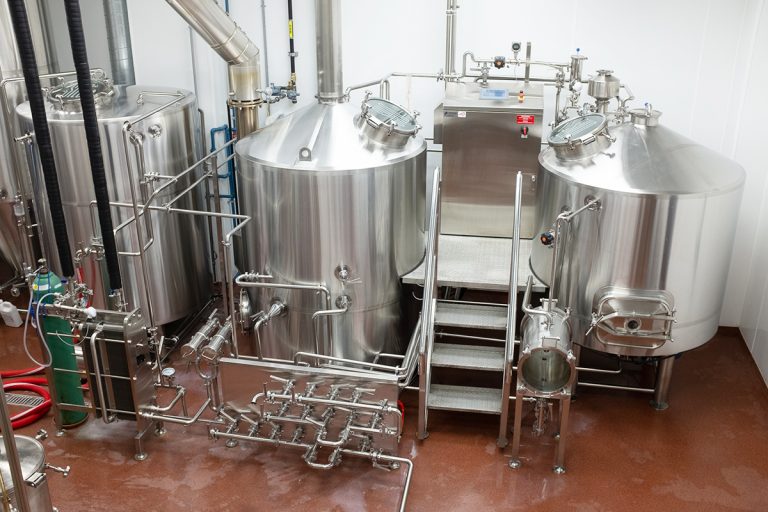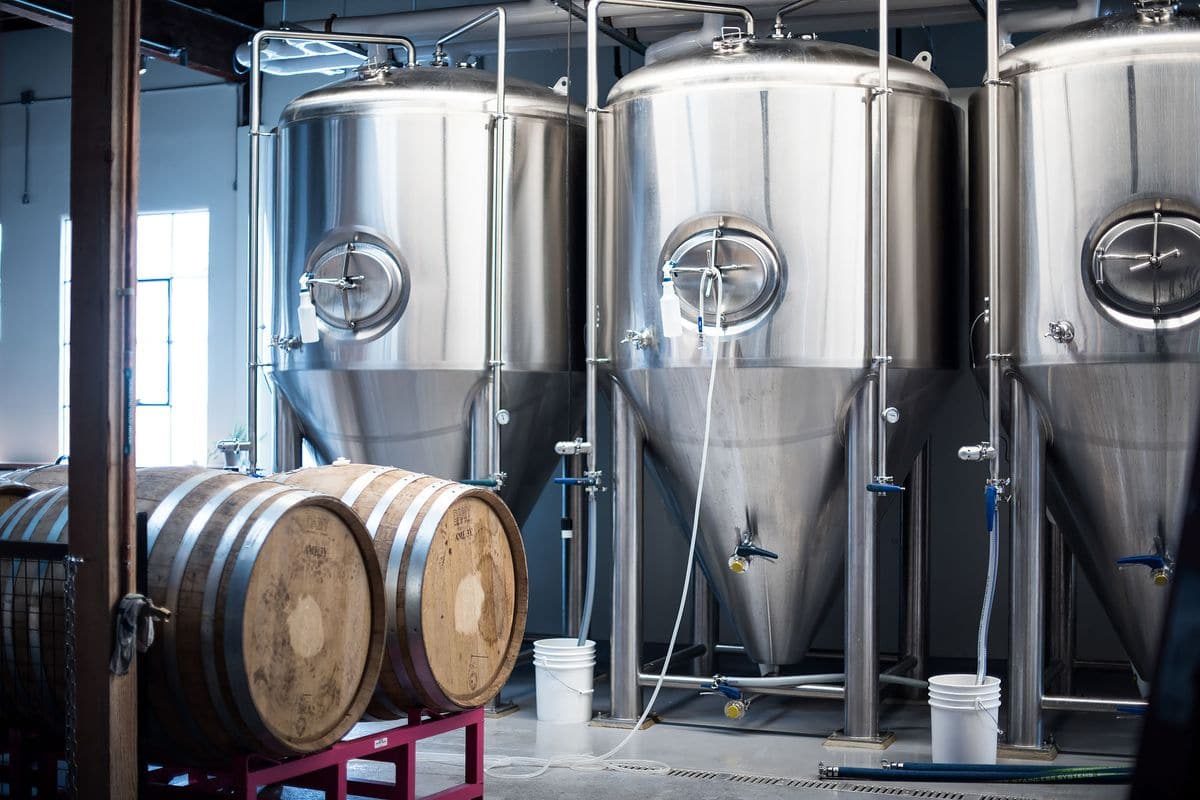
What Are Brewery Barriers To Entry?
The craft beer industry is a beacon of innovation and creativity, attracting enthusiasts and entrepreneurs alike with its promise of flavor exploration and brewing technology. However, behind the allure of brewing unique beers, there are challenges and obstacles for aspiring brewers. These challenges, collectively known as brewery barriers to entry, are powerful gatekeepers that test the determination and resourcefulness of those seeking to carve out a niche in the market.
In this article, we take a closer look at the intricate barriers faced by individuals and businesses entering the beer industry. From the financial hurdle of start-up costs to the regulatory maze of permits and licenses, each hurdle brings a set of complexities that need to be overcome. By understanding and addressing these obstacles head-on, aspiring brewers can better position themselves to succeed in the dynamic and competitive world of craft beer.
Complete Guide
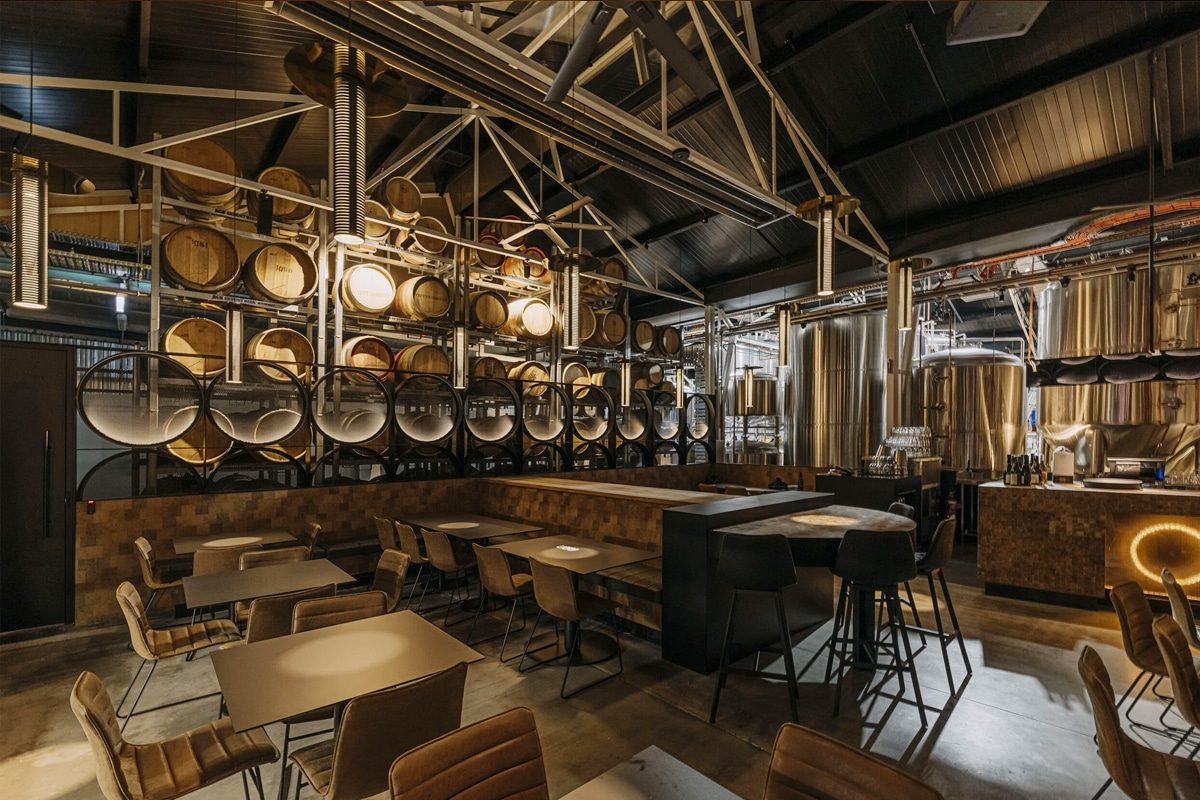
Capital Intensity And Financial Challenges
Entering the beer industry requires a significant financial investment, making it one of the most capital-intensive industries for aspiring entrepreneurs. From purchasing brewing equipment to securing a suitable location and meeting regulatory requirements, financial challenges can be significant hurdles to overcome.
Equipment Costs And Infrastructure Investments
The backbone of any brewery operation is its equipment. Brewhouse equipment, fermentation tanks, bottling lines, and other specialized machinery make up a large portion of startup costs. Depending on the size and capacity of the brewery, equipment costs can range from tens to hundreds of thousands of dollars. Additionally, investing in quality equipment helps ensure consistent product quality and operational efficiency.
Additionally, breweries must invest in infrastructure to support their operations. This includes building or renovating brewing facilities to meet regulatory standards, installing utilities such as water, electricity, and gas, and outfitting the space with necessary amenities such as storage areas, bars, and tasting rooms.
Facility Expenses And Real Estate Challenges
Finding the right location for a brewery involves significant real estate expenses, whether by leasing commercial space or purchasing the property outright. When selecting a brewery site, factors such as site accessibility, zoning regulations, and proximity to suppliers and distribution channels must be carefully considered. Additionally, there may be additional costs associated with renovating or equipping the space to meet brewing and safety standards, further increasing the financial burden of establishing a brewery.
Licensing And Regulatory Compliance
Brewery operations are subject to numerous regulations at the local, state, and federal levels. Obtaining the licenses and licenses required to legally brew and sell beer incurs significant fees and administrative costs. From obtaining brewer notifications from the Alcohol and Tobacco Tax and Trade Bureau (TTB) to obtaining state and local alcohol licenses, breweries must navigate a complex regulatory environment. Adherence to health and safety standards and environmental regulations further increases the financial burden of regulatory compliance.
Marketing And Brand Development
Building brand awareness and attracting customers are important parts of a brewery’s success, but they come at a price. Developing a compelling brand identity, designing eye-catching packaging, and executing effective marketing campaigns all require financial investment. Whether through digital advertising, social media engagement, or traditional marketing channels, allocating resources to marketing and brand development is critical to standing out in a competitive market and capturing consumer attention.
Capital intensity and financial challenges are huge barriers to entry for aspiring brewers. Navigating the complexities of equipment costs, facility expenses, regulatory compliance, and brand development requires careful financial planning and resource allocation. However, with strategic financial management and a solid business plan, aspiring brewers can overcome these challenges and set themselves up for success in the beer industry.
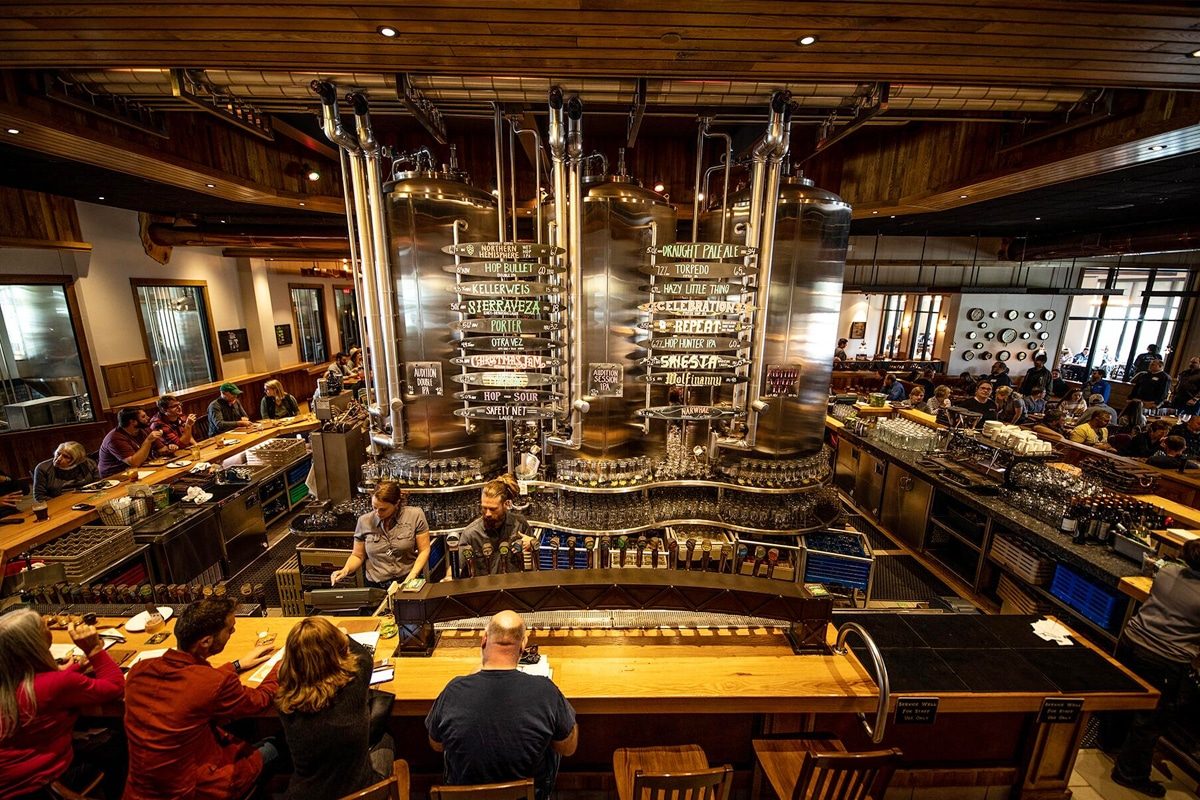
Overcoming Regulatory Hurdles in The Beer Industry
Breweries operate in a highly regulated environment, with numerous laws and regulations governing all aspects of beer production, distribution, and sales. For aspiring brewers, overcoming these regulatory hurdles can be a complex and time-consuming process. Below is a detailed analysis of the key regulatory challenges faced by new entrants in the beer industry:
Liquor Licenses and Permits
Before brewing and selling beer commercially, breweries must obtain the necessary licenses and permits from government authorities at the local, state, and federal levels. At the U.S. federal level, breweries must obtain brewer notification from the Alcohol and Tobacco Tax and Trade Bureau (TTB), which grants licenses to produce and distribute alcohol. In addition, breweries may be required to obtain state and local alcohol licenses, which vary by jurisdiction and may require approval from regulatory agencies and local governing bodies. The licensing process can be complex and time-consuming, requiring meticulous attention to detail and compliance with regulatory requirements.
Labeling and Packaging Regulations
Beer labels and packaging are strictly regulated to ensure consumer safety and transparency. Breweries must comply with labeling requirements set by regulatory agencies such as the TTB, which include accurate labeling of alcohol content, ingredient disclosures, and health warnings. In addition, breweries must comply with packaging regulations regarding bottle size, container materials, and label placement. Failure to comply with labeling regulations can result in fines, product recalls, and damage to brand reputation, highlighting the importance of rigorous attention to detail when it comes to packaging and labeling compliance.
Health and Safety Standards
Ensuring the health and safety of consumers and brewery employees helps breweries operate successfully. Breweries must adhere to strict hygiene practices to prevent contamination and ensure product quality. This includes keeping brewing equipment clean and sanitized, implementing proper handling and storage procedures for raw materials and finished products, and conducting regular inspections and quality control checks. In addition, breweries must comply with occupational health and safety regulations, such as those set by agencies such as the Occupational Safety and Health Administration (OSHA), to maintain a safe work environment and minimize the risk of accidents and injuries.
Environmental Regulations
Brewery operations can have a significant impact on the environment, particularly water use, wastewater treatment, and energy consumption. Breweries must comply with environmental regulations regarding pollution prevention, resource conservation, and waste management. This includes obtaining wastewater discharge permits, taking steps to minimize water and energy use, and properly managing solid and hazardous waste. Implementing sustainable practices such as water recycling, energy efficiency measures, and waste reduction initiatives not only helps the brewery minimize its environmental footprint but also demonstrates a commitment to corporate responsibility and sustainability.
Overcoming regulatory hurdles in the beer industry requires careful attention to detail, a thorough understanding of applicable regulations, and proactive compliance efforts. By addressing alcohol licensing and licensing, labeling and packaging regulations, health and safety standards, and environmental regulations, aspiring brewers can ensure compliance and build a strong foundation for success in the beer industry.
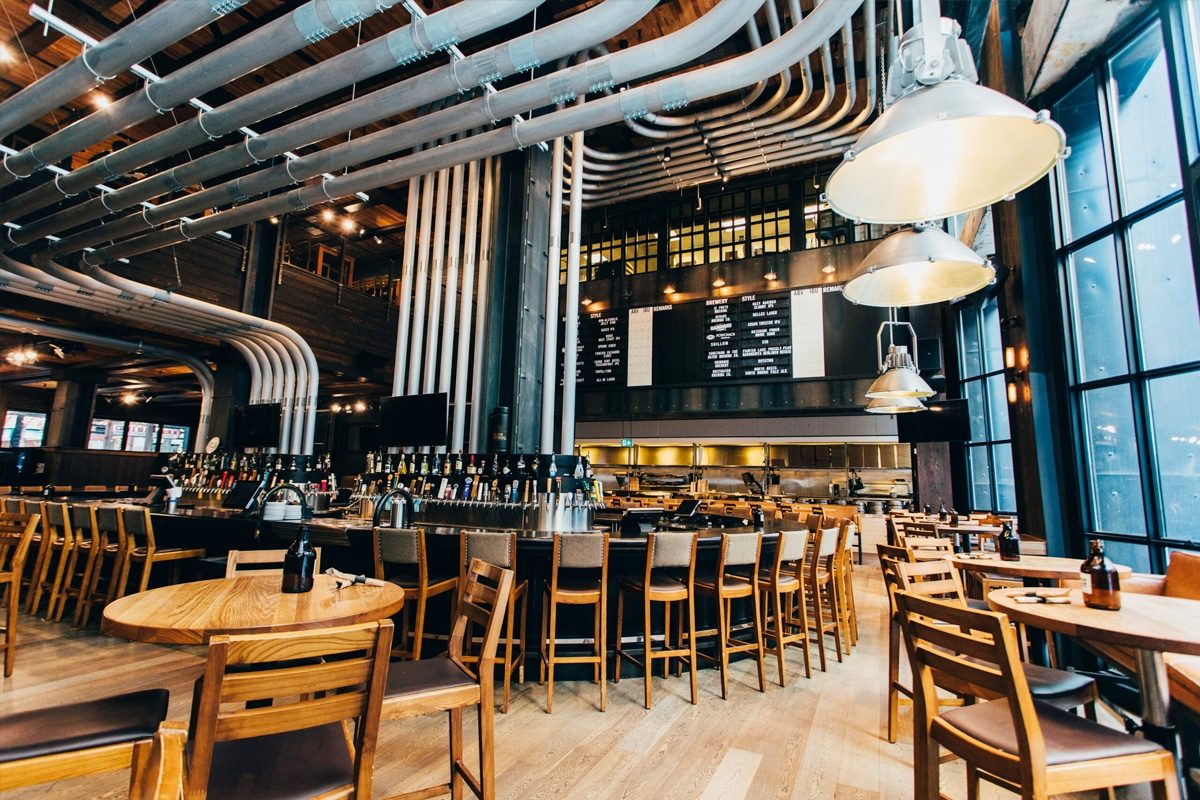
Overcoming Distribution Challenges in The Brewery Market
Once the beer is brewed, getting it into the hands of consumers presents another set of challenges for beer startups. The beer industry’s distribution landscape is often dominated by established players, making it difficult for new entrants to gain distribution channels and enter retail stores. However, by taking a strategic approach and taking advantage of emerging distribution trends, breweries can overcome these challenges and expand their market reach.
Distribution Network Development
Building a strong distribution network is critical to a brewery’s success, allowing it to reach a wider audience and expand its market share. However, breaking into the distribution market can be challenging for new breweries, as established distributors may be hesitant to accept unknown or unproven brands. Developing relationships with distributors, attending industry events, and leveraging personal connections can help breweries gain distribution channels and secure a presence in retail stores. Additionally, breweries can explore alternative distribution models, such as self-distribution or hybrid distribution partnerships, to gain greater control over their product placement and pricing.
Direct-to-Consumer Sales
To address distribution challenges, many breweries are adopting direct-to-consumer sales channels as a means of bypassing traditional distribution channels and reaching consumers directly. Pubs, brewpubs, and online sales platforms offer breweries the opportunity to sell beer directly to consumers, retaining greater control over pricing, branding, and customer relationships. By investing in taproom experiences, online sales platforms, and e-commerce capabilities, breweries can create immersive tasting experiences, engage with customers, and build brand loyalty through direct-to-consumer sales channels.
Contract Brewing And Partnership Opportunities
For breweries facing capacity constraints or distribution challenges, contract brewing and partnership arrangements offer alternative routes to the market. Contract brewing allows breweries to outsource production to third-party facilities, allowing them to scale production without investing in additional equipment or infrastructure. Likewise, brewing in collaboration with other breweries or beverage companies can help increase brand awareness, expand into new markets, and create buzz in the craft beer community. By leveraging contract brewing and partnership opportunities, breweries can expand product offerings, reach new consumers, and overcome distribution challenges in the beer market.
Overcoming distribution challenges in the brewery market requires breweries to take a strategic approach and employ innovative solutions. By developing strong distribution networks, leveraging direct-to-consumer sales channels, and exploring partnership and contract brewing opportunities, breweries can overcome barriers to entry and gain a foothold in the highly competitive craft beer market. With persistence, creativity, and a commitment to excellence, breweries can navigate the complexities of distribution and succeed in a dynamic and evolving brewery environment.
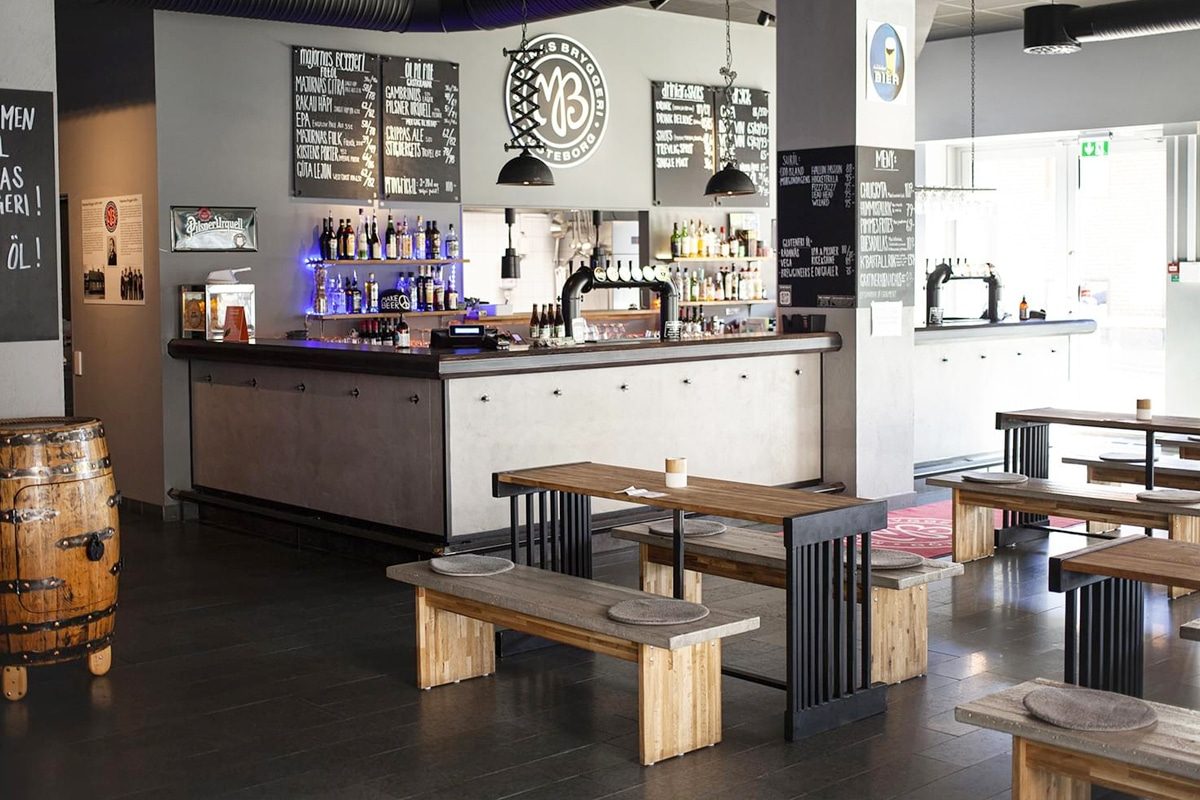
Build Brand Image And Differentiation in The Beer Market
In a crowded and competitive market, building a strong brand image is critical to a brewery’s success. Thousands of breweries are vying for consumer attention, and standing out requires creativity, authenticity, and a deep understanding of consumer preferences and market trends. By focusing on brand storytelling, packaging and label design, product innovation, and community involvement, breweries can differentiate themselves and occupy a unique position in the beer market.
Brand Story
Creating a compelling brand narrative is the cornerstone of establishing brand identity and differentiation in the beer market. Your brewery’s story, origins, values, and mission are the foundation of your brand identity, covering everything from logo and packaging design to marketing messaging and customer interaction. By sharing your brewery’s story authentically and passionately, you can create meaningful connections with consumers and set your brand apart from your competitors. Whether it’s highlighting your brewing process, demonstrating your commitment to quality ingredients, or celebrating your community roots, an effective brand story engages your audience and builds loyalty.
Packaging and Label Design
In the visually driven world of craft beer, packaging, and label design play a vital role in shaping consumer perceptions and driving purchasing decisions. Eye-catching artwork, innovative packaging formats, and unique label designs can help your beer stand out on crowded shelves and capture consumers’ attention. Investing in professional design services or working with talented artists and designers can enhance your brand’s visual identity and reinforce its unique personality and style. By combining packaging and label design with your brand story and values, you can create a cohesive and memorable brand experience that resonates with consumers long after they’ve finished their beer.
Product Innovation and Quality
Innovation is the lifeblood of the craft beer industry, driving consumer excitement and market differentiation. Breweries that embrace product innovation and quality are better able to differentiate themselves in a crowded market and capture consumer interest. Experimenting with new ingredients, brewing techniques, and beer styles allows breweries to showcase their creativity and originality while keeping their beer lineup fresh and compelling. However, innovation must be balanced with a commitment to quality and consistency. What consumers expect from their favorite breweries is exceptional taste and craftsmanship, making product innovation and quality control important pillars of brand differentiation.
Community Engagement and Brand Building
Building a strong brand isn’t just about product quality and packaging design, it’s about creating meaningful connections with communities and engaging with consumers on a personal level. Hosting brewery events, attending community festivals, and supporting local charities and causes are all opportunities to connect with your audience, build brand loyalty, and cultivate a passionate fan base. By being actively involved in your community and showing a genuine commitment to its well-being, you can position your brewery as a beloved local institution and a trusted source of quality beer. Additionally, leveraging social media platforms and digital marketing channels allows breweries to expand their reach and engage with consumers beyond physical locations, further strengthening their brand presence.
Building brand identity and differentiation in the brewery market requires breweries to focus on storytelling, packaging and label design, product innovation, and community engagement. By crafting compelling brand stories, creating visually appealing packaging, innovating new products, and engaging with communities, breweries can stand out in a competitive market environment and build lasting relationships with consumers.
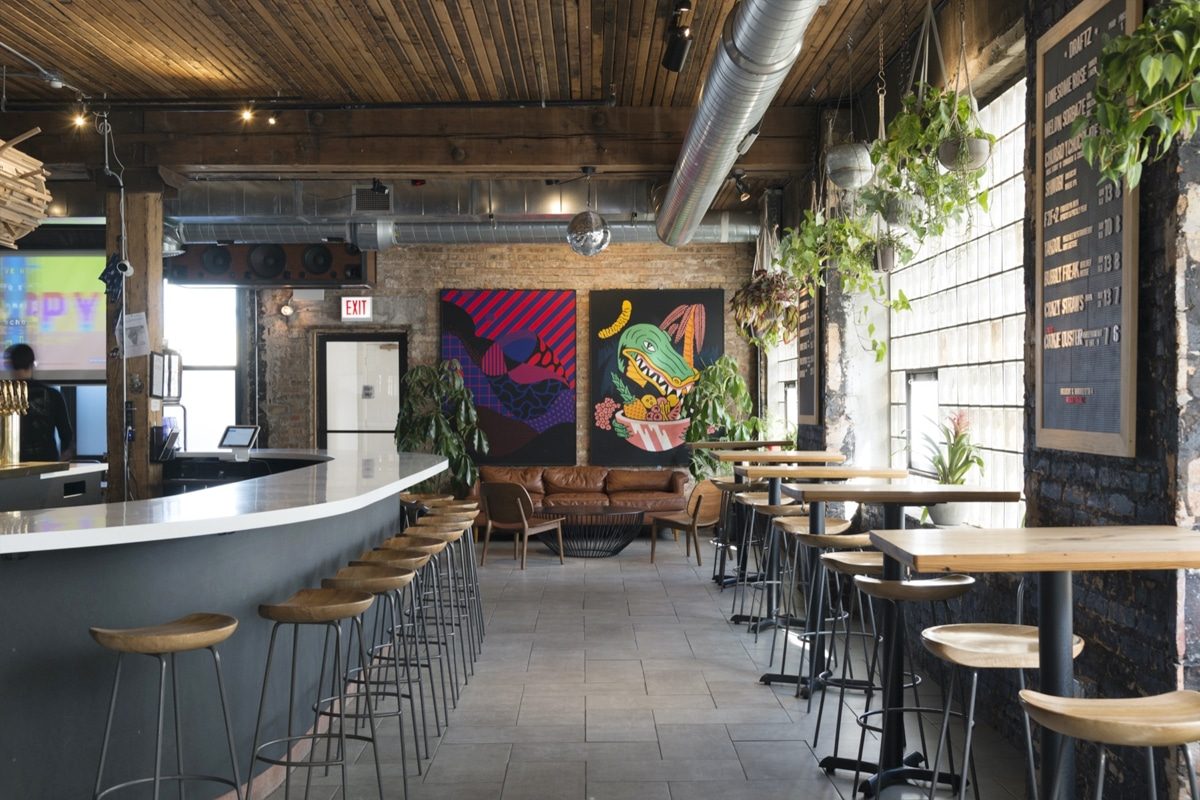
Develop Industry Expertise and Talent For Brewery Operations
Beer brewing is a complex blend of art and science that requires a skilled and knowledgeable workforce to ensure quality and consistency. Developing industry expertise and talent in brewery operations helps breweries succeed in a competitive market. This includes recruiting and training winemakers, investing in their ongoing education and skills development, promoting collaboration and knowledge sharing, and prioritizing employee well-being and satisfaction.
Winemaker recruitment and training
Finding skilled brewers with the technical expertise and creative vision to brew exceptional beers is critical to a brewery’s success. Breweries should prioritize hiring people who are passionate about brewing and willing to learn and grow in the industry. Providing comprehensive training programs and mentoring opportunities can help breweries develop talent internally and develop the next generation of brewing professionals. Additionally, fostering a culture of continuous learning and professional development can encourage breweries to expand their knowledge and skills, contributing to brewery innovation and success.
Continuing education and skills development
The craft beer industry is constantly evolving, with new brewing techniques, ingredients, and trends emerging. Breweries should invest in ongoing education and skills development for their brewing staff to remain competitive and innovative. Encouraging brewers to seek certification, attend industry conferences, and attend brewing seminars and seminars can expand their knowledge base, improve their brewing skills, and expose them to industry best practices and trends. By helping breweries continually improve and refine their processes, breweries can maintain a competitive advantage and meet the ever-changing needs of consumers.
Collaboration and knowledge sharing
Collaboration and knowledge sharing are integral to the craft beer community, with breweries often collaborating on brews, sharing brewing techniques, and exchanging ideas and expertise. Breweries should foster a culture of collaboration and open communication within their organization and across the industry. Encouraging breweries to collaborate with other breweries or beverage companies can spark creativity, spark innovation, and generate excitement in the craft beer community. By leveraging the industry’s collective knowledge and experience, breweries can enhance their brewing practices, expand their product offerings, and differentiate themselves in the marketplace.
Invest in employee well-being and satisfaction
The operation of a brewery is physically and mentally demanding, requiring long hours, physical labor, and meticulous attention to detail. Prioritizing employee well-being and satisfaction maintains a happy, healthy, and motivated workforce. Breweries should offer competitive wages, provide career development opportunities, and create a positive work environment where employees feel valued and supported. Additionally, implementing wellness programs, offering flexible work arrangements, and providing mental health resources can further support employee well-being and contribute to a brewery’s success. By investing in employee happiness and fulfillment, breweries can attract and retain top talent, foster a culture of excellence, and achieve long-term success in the beer industry.
Developing industry expertise and talent in brewery operations helps breweries thrive in a competitive market. By prioritizing brewery recruiting and training, investing in ongoing education and skills development, promoting collaboration and knowledge sharing, and prioritizing employee well-being and satisfaction, breweries can develop a skilled, motivated workforce capable of producing exceptional beer and driving brewery success.
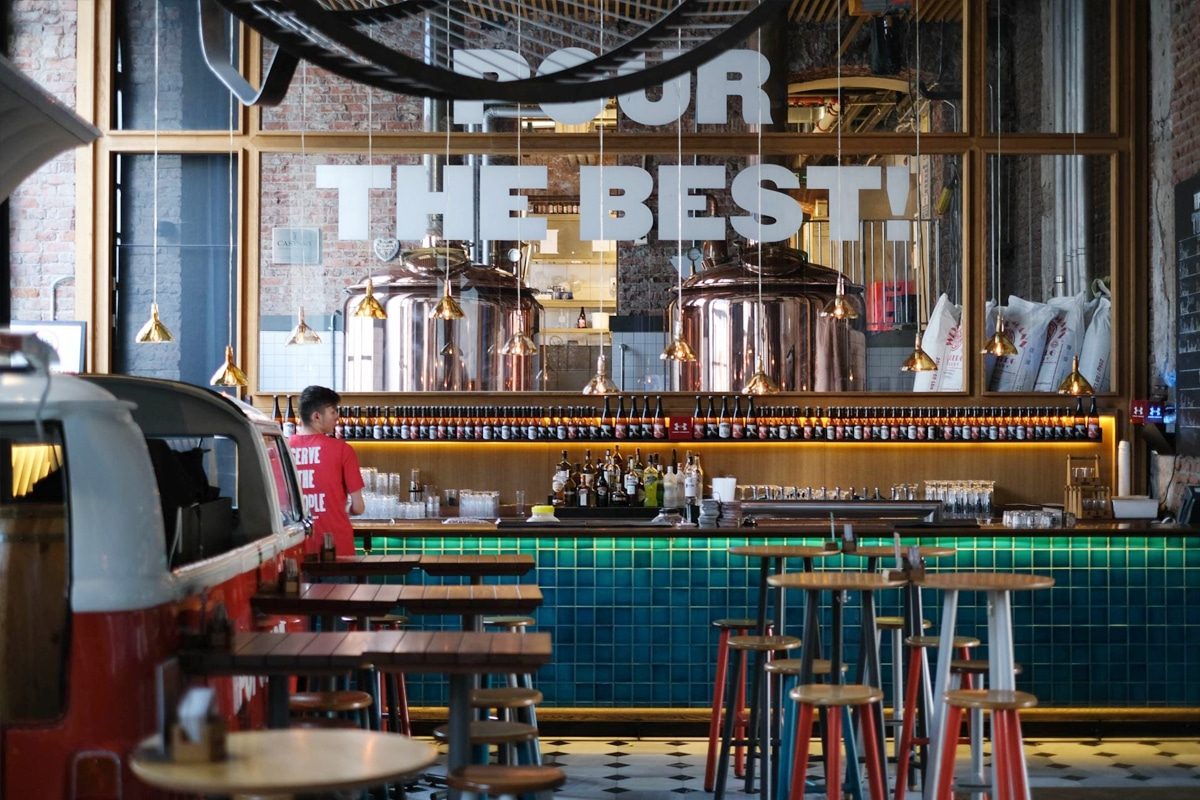
Summary
Entering the brewery industry presents aspiring entrepreneurs with a myriad of challenges and barriers to overcome. From the capital-intensive nature of brewery, and startup costs to navigating complex regulatory requirements, and distribution challenges, and building a strong brand identity, the journey to brewery ownership requires careful planning, resourcefulness, and perseverance. However, by understanding and addressing these barriers head-on, aspiring brewers can position themselves for success in the dynamic and competitive craft beer market. By investing in quality equipment, fostering regulatory compliance, leveraging innovative distribution strategies, and cultivating industry expertise and talent, breweries can overcome barriers to entry and carve out their niche in the ever-growing world of craft beer. With determination, creativity, and a passion for brewing exceptional beer, aspiring brewers can turn their dreams of brewery ownership into reality.
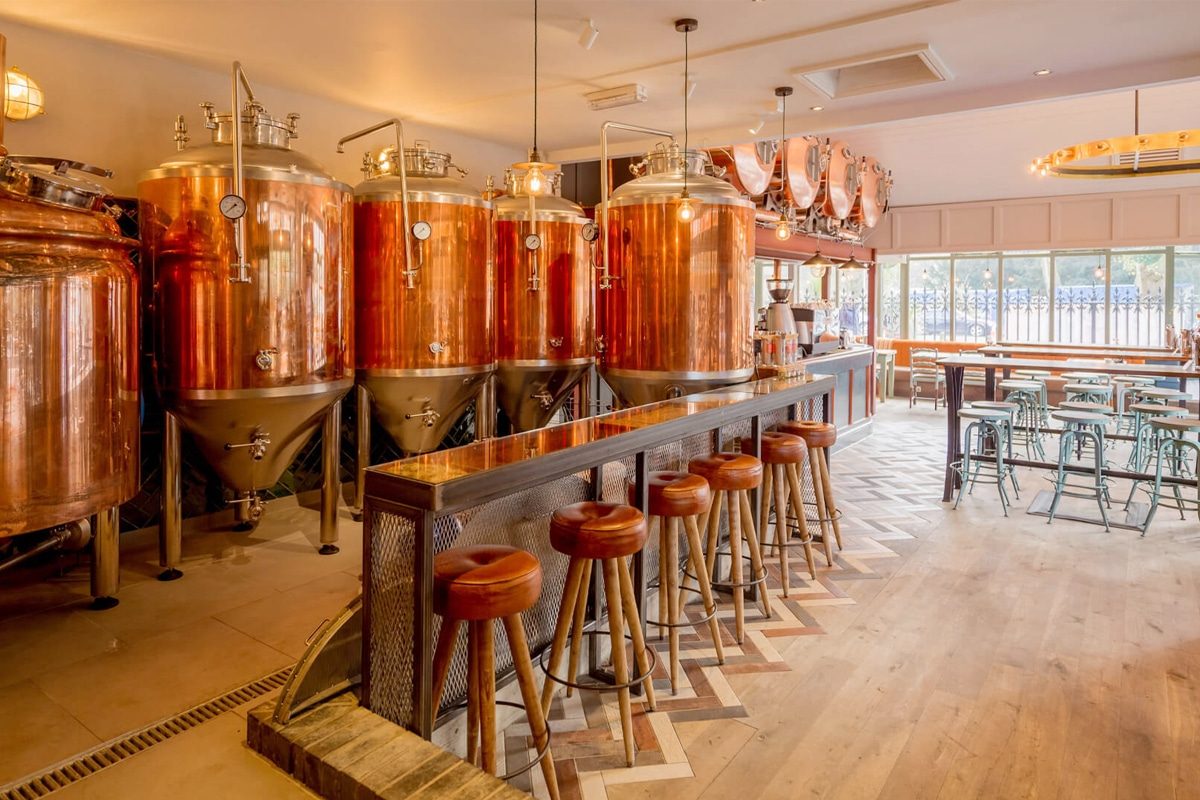
Get A Turnkey Brewery Solution
Navigating the barriers to entry in the brewery industry can be daunting, but partnering with a professional brewery solution provider like ZYB Craft can streamline the process and accelerate your path to success. With our turnkey brewery solutions, aspiring brewers can overcome common obstacles such as equipment costs, regulatory compliance, and operational challenges.
At ZYB Craft, we offer comprehensive brewery solutions tailored to meet the unique needs of each client. From equipment procurement and facility design to licensing assistance and staff training, our team of experts is committed to guiding you through every step of the brewery startup process. With our industry knowledge, technical expertise, and commitment to customer satisfaction, we help aspiring brewers turn their vision into reality.
By choosing ZYB Craft as your brewery solution partner, you can focus on what you do best: brewing exceptional beer, while we handle the rest. With our turnkey solutions, you’ll be well-equipped to overcome brewery barriers and embark on a successful brewing journey.

